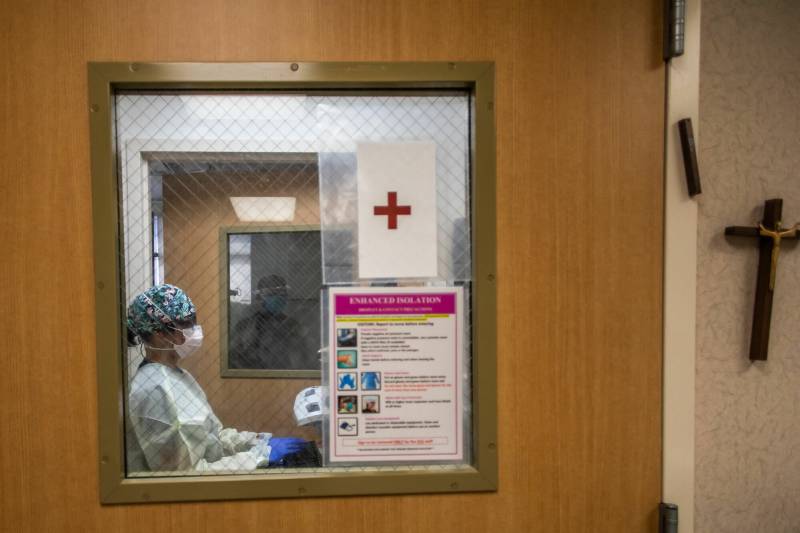Under the proposition, tax revenue from managed-care organizations would be strictly reserved for Medi-Cal, expanding access to services like mental health, primary care, and prescription drugs. Supporters argue this dedicated funding will improve access for the 2 in 5 Californians reliant on Medi-Cal, with funds directed to providers like hospitals and emergency services. With many patients currently facing prolonged wait times and few physicians accepting Medi-Cal’s lower reimbursement rates, proponents said it would help alleviate these pressures by increasing provider compensation.
However, critics warn that the proposition’s rigid spending mandates may constrain California’s fiscal flexibility, potentially intensifying the state’s budget challenges. The measure’s reliance on federal approval for matching funds also raises concerns, as changes to federal policy could jeopardize future funding.
Opponents argue that such budgeting restrictions should be managed by policymakers, who can adjust them as needed, rather than by voters through a ballot measure, which would be challenging to amend in future elections.
The proposition drew support from a broad coalition, including the California Democratic and Republican parties, health care associations, labor unions and Planned Parenthood.
Opposition comes from groups like the California Pan-Ethnic Health Network and the California Alliance of Retired Americans, who fear the financial risks and loss of budgetary adaptability.
Proposition 35 created unusual political devisions and its intricate funding mechanism and spending restrictions fragmented the medical community — even among those who share the same goals of improving health care access.



